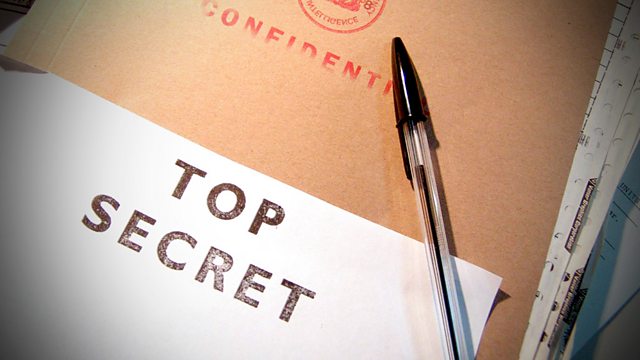Privacy v Security
Where should the balance lie between protecting an individual's privacy and a nation's security?
The Foreign Secretary William Hague says that law abiding citizens have nothing to fear about the British state listening to their phone calls or monitoring their online communications. There is a strong legal framework in place to balance the privacy of the people and the security of the country, he says. He was speaking in response to allegations that America's National Security Agency has been covertly accessing information in an attempt to combat terrorism, and that security services in the UK have had access to that data.
But where should that balance lie? Do we have to accept an erosion of our right to privacy in order to protect us from terror and crime? And in a world where supermarkets and retailers hold vast amounts of information about us, which they say is used to give us a better service, does it really matter?
03700 100 444 is the number to call or you can e-mail youandyours@bbc.co.uk or text us on 84844
"I do not see what the fuss is about. I would be dismayed if the NSA and GCHQ were not doing such things" argues Philip Virgo, of Computer Weekly.
"Unwarranted government surveillance is an intrusion on basic human rights that threatens the very foundations of a democratic society," says Tim Berners-Lee, Inventor Of The World Wide Web.
Let us know what you think.
Producer: Joe Kent
Presenter: Julian Worricker.



